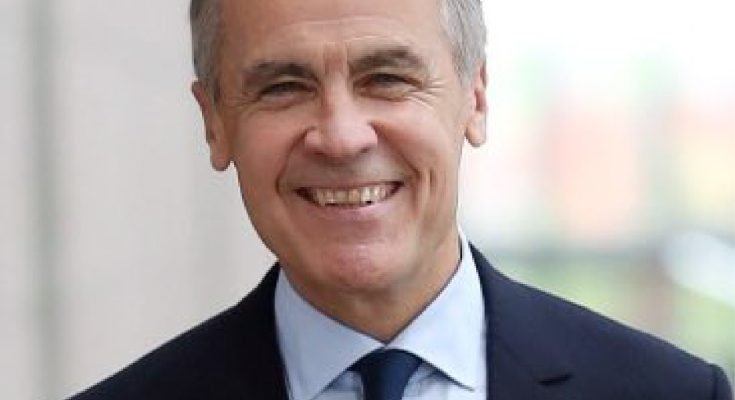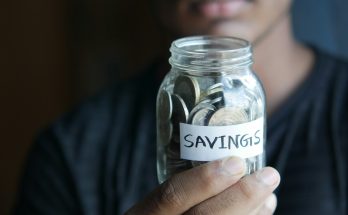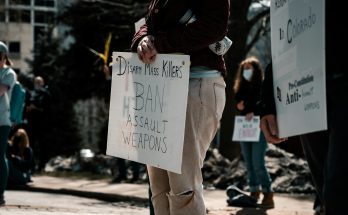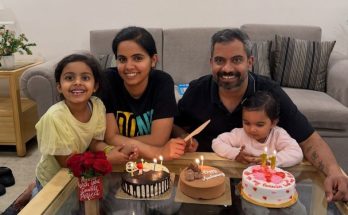Ottawa/CMEDIA: The newly constituted cabinet of Prime Minister Mark Carney reportedly met for the first time May 14 on Parliament Hill to discuss the challenges faced by the government.
Carney said the cabinet’s first concern is to address cost-of-living and is directing Finance Minister François-Philippe Champagne to immediately draw up the legislation to pass a middle-class tax cut that would facilitate saving two-income families up to $825 a year.
Three distinct challenges of the new ministry include Canada’s sluggish economy impacted by US trade war, consumer affordability challenges and Western Canada’s concern over the future of natural resources development.
“We’re acting on affordability as we look to build up this economy,” Carney said as he signed a “decision note” on the issue in front of the cameras in the cabinet room, not unlike how U.S. President Donald Trump has signed executive orders in the Oval Office.
Champagne said soon after Parliament returns later this month, the tax cut will be introduced and other initiatives will be outlined in the forthcoming speech from the throne.
Following Honda’s announcement to halt its multi-billion-dollar investments in Canada, the electric vehicle (EV) manufacturing strategy is also on shaky ground amid neutral consumer demand for these vehicles and Trump’s punishing tariffs on foreign-made autos.
After moving from foreign affairs to industry in Tuesday’s shuffle, Mélanie Joly said that during her speech to the head of Honda later today, she will fight for autoworkers to find a solution.
Carney is also faced with discontent of Alberta’s premier Danielle Smith saying there needs to be a “reset” with how Ottawa treats provinces like hers adding she will lower the threshold for referendums, potentially including one on Alberta sovereignty.
One of former prime minister Justin Trudeau’s former environment ministers, Steven Guilbeault, who is in charge of Canadian culture and identity under Carney also discouraged expanding pipeline capacity Wednesday, although that’s not really a decision for him to make.
Carney himself has said that he’s open to approving major infrastructure, including conventional energy projects such as pipelines.
“There are no investors, no companies that are saying they want to build an east-west pipeline right now…We bought a pipeline…we should maximize the use of existing infrastructure,” Guilbeault told reporters ahead of the cabinet meeting, noting it will be industry that builds one, not the government.
Meanwhile, Carney’s new natural resources minister Tim Hodgson said he is heading out West “very soon” and is looking to work with industry to “build a more prosperous, secure and safe Canada.”
Carney is “quite serious about bringing this country together,” Secretary of State Buckley Belanger of Saskatchewan said, and added,
“We’re going to keep explaining some of the issues as best we can — what plagues the province,” Belanger said.
Among the most pressing issues for his cabinet identified by Carney is dealing with the American trade problem and added he would personally take the lead on managing Canada-U.S. relations and would be chaired by Defence Minister David McGuinty, who accompanied Carney to the White House last week.
Ahead of today’s cabinet meeting,Transport and Internal Trade Minister Chrystia Freeland said that she is focused on one of Carney’s major campaign commitments on knocking down domestic trade barriers by Canada Day.
She said the International Monetary Fund (IMF) thinks Canada could boost GDP by some four per cent if it does away with these internal roadblocks, and added, “That is a lot. We need it right now,” she said.
At a time when government data suggests there has already been a sizable decline in exports to the US amid the tariff standoff, Carney has appointed three different ministers who all share some responsibility for the trade file.
The latest Statistics Canada figures peg the drop at about seven per cent.
International Trade Minister Maninder Sidhu said one of his priorities will be opening up “new markets,” but he didn’t specify which ones, and told reporters Canada is “over-leveraged with the U.S. and we need to diversify trade.”





